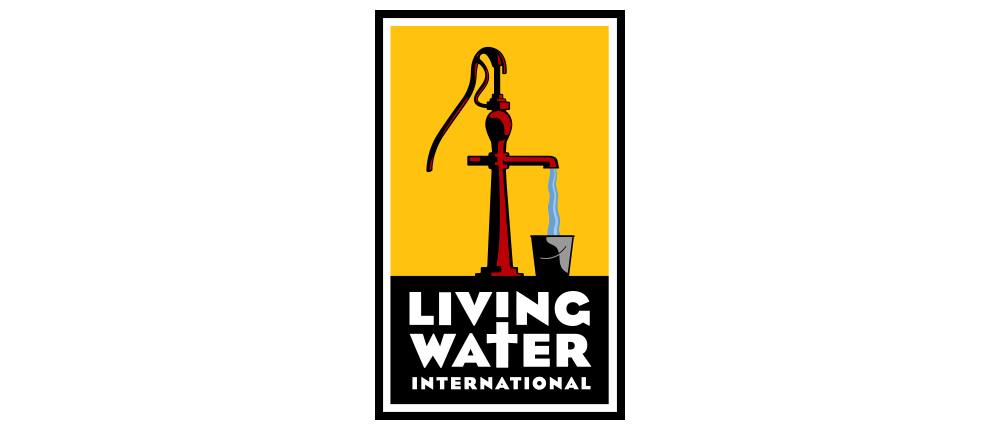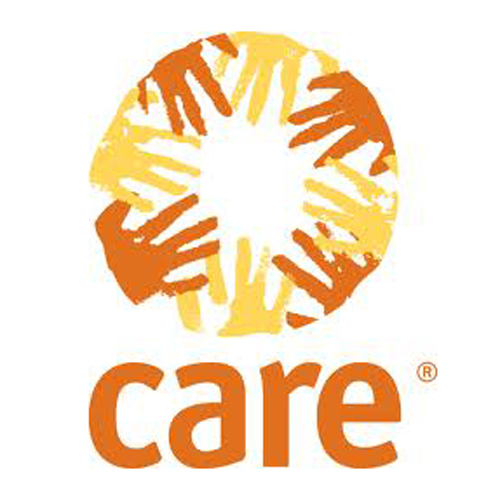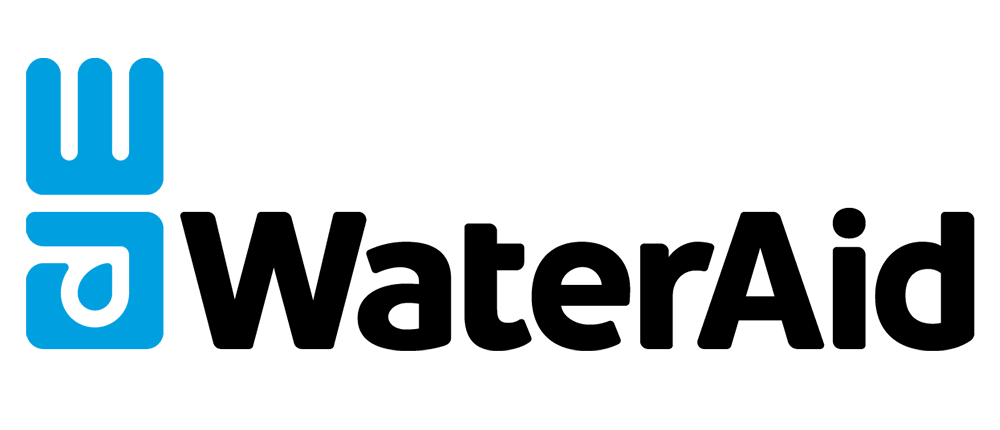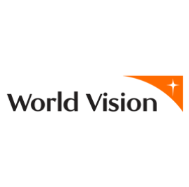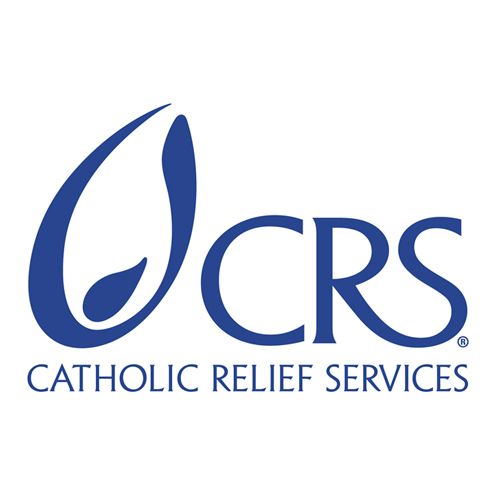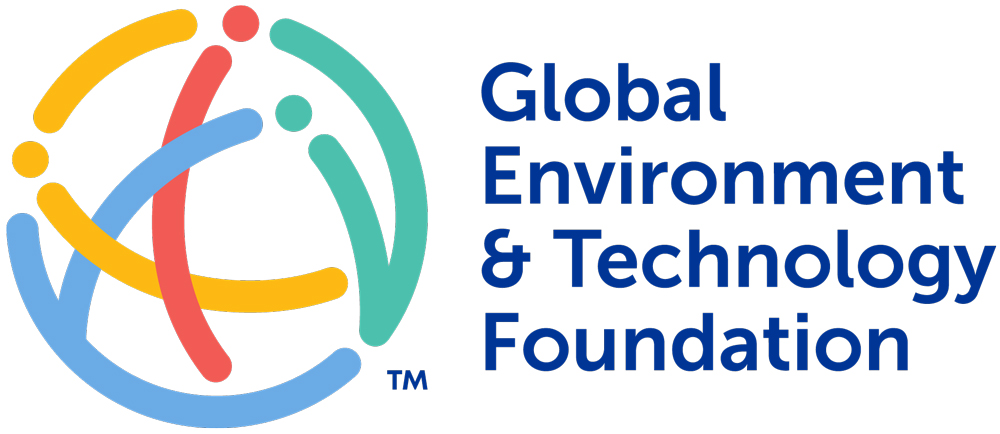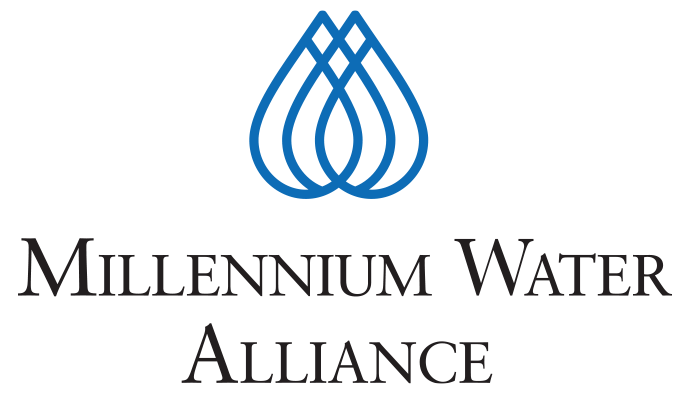The Millennium Water Alliance – Ethiopia Program (MWA-EP) has improved WASH access and local capacity in Ethiopia since 2004, reaching more than 700,000 people and a large number of schools and health facilities in 23 woredas across four regions. This program, which ran from 2047-2017, included six MWA member organizations—CARE, IRC, Catholic Relief Services, HELVETAS Swiss Intercooperation, Living Water International, and World Vision—and multiple local and international partners.
Funded by a major grant from the Conrad N. Hilton Foundation (CNHF), MWA – EP worked with communities and government to increase access to water supply, sanitation, and hygiene services (WASH). The program went beyond traditional NGO WASH delivery, however– to achieve true sustainability, MWA supported the goals of local and national governments and emphasized capacity-building efforts with community-based organizations and the private sector.
MWA-EP acted as a unified voice on behalf of its members, working with the Government of Ethiopia to share information, served as a learning platform for all partners, and pilot innovative approaches to WASH service delivery.
The 2014-2017 phase improved access to WASH for 300,000 people in rural communities, which included institutions, such as schools and health care facilities, for more than 48,000 people. MWA-EP addressed the WASH needs of 28,900 students at 45 schools and more than 29,800 people in 17 health clinics.
Measured Success
From June 2014 to December 2016, MWA-EP improved access for 170,104 people through 744 community water schemes. This was accomplished not only through the drilling of new boreholes, but also through the rehabilitation of existing boreholes, the creation of water points, and the development of natural springs. A total of 316 new, rehabilitated, or upgraded self-supply wells benefitted 6,604 people. MWA-EP also implemented and trained WASH clubs in 90 different schools, engaging 33,650 students. Hand washing stations at schools and health posts, public showers, and improved sanitation facilities combine to create better public WASH for the entire population.
Photo by Adugnaw Tadesse, CARE Ethiopia
In a recent six-month reporting period (November 2016 through April 2017), 78,237 people gained access to safe water:
- 18,182 from new water systems.
- 59,381 from rehabilitated water systems.
- 674 from self-supply wells.
During this same period, 118 new water supply sources were constructed. A total of 23,981 students at 33 public schools, and 17,500 community members residing around 6 health facilities have also accessed safe water.
MWA-EP members used a common monitoring and evaluation system, and engaged in applied research in collaboration with universities. Since 2014, MWA-facilitated research includes:
- Water scheme stability and functionality.
- Women and water insecurity.
- Household water treatment and safe storage.
- Low-cost ecological sanitation practices.
Innovative Approaches
Self-supply is a WASH strategy that encourages individuals and communities to work to improve their own water access, promoting self-sufficiency.
MWA-EP focused on the most challenging aspects of self-supply: investment at the household level.
Photo by Adugnaw Tadesse, CARE Ethiopia
The Ethiopia government considers household self-supply a WASH priority; MWA, along with implementing members and strategic partners, engaged in activities to support and promote household self-supply through demand stimulation, training of local artisans and entrepreneurs to provide supply chains, and community education and promotion.
Based on research showing poor water-quality at the household level, MWA-EP partnered with CARE and Evidence Action to pilot the use of chlorine water dispensers. Chlorine dispensers are an inexpensive and sustainable method for treating water because they are public, convenient and easy to use. They reduce the risk of water-borne illnesses in households by providing residual chlorine in the water that keeps the water clean for two days after retrieval.
2017 Ethiopia Program Brochure
Posted June 14, 2017
Program Partners
